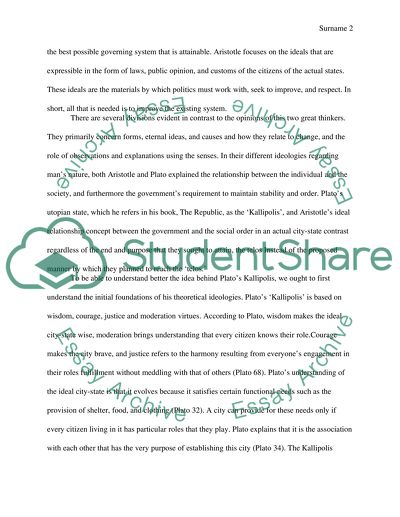Cite this document
(“Platos and Aristotles Political Ideologies Essay”, n.d.)
Retrieved de https://studentshare.org/politics/1700973-platos-and-aristotles-political-ideologies
Retrieved de https://studentshare.org/politics/1700973-platos-and-aristotles-political-ideologies
(Platos and Aristotles Political Ideologies Essay)
https://studentshare.org/politics/1700973-platos-and-aristotles-political-ideologies.
https://studentshare.org/politics/1700973-platos-and-aristotles-political-ideologies.
“Platos and Aristotles Political Ideologies Essay”, n.d. https://studentshare.org/politics/1700973-platos-and-aristotles-political-ideologies.


